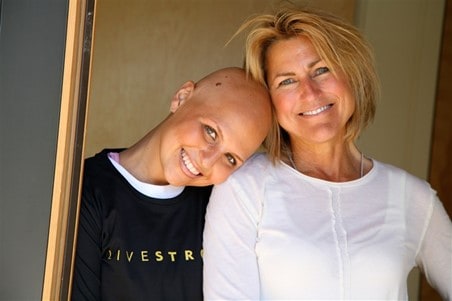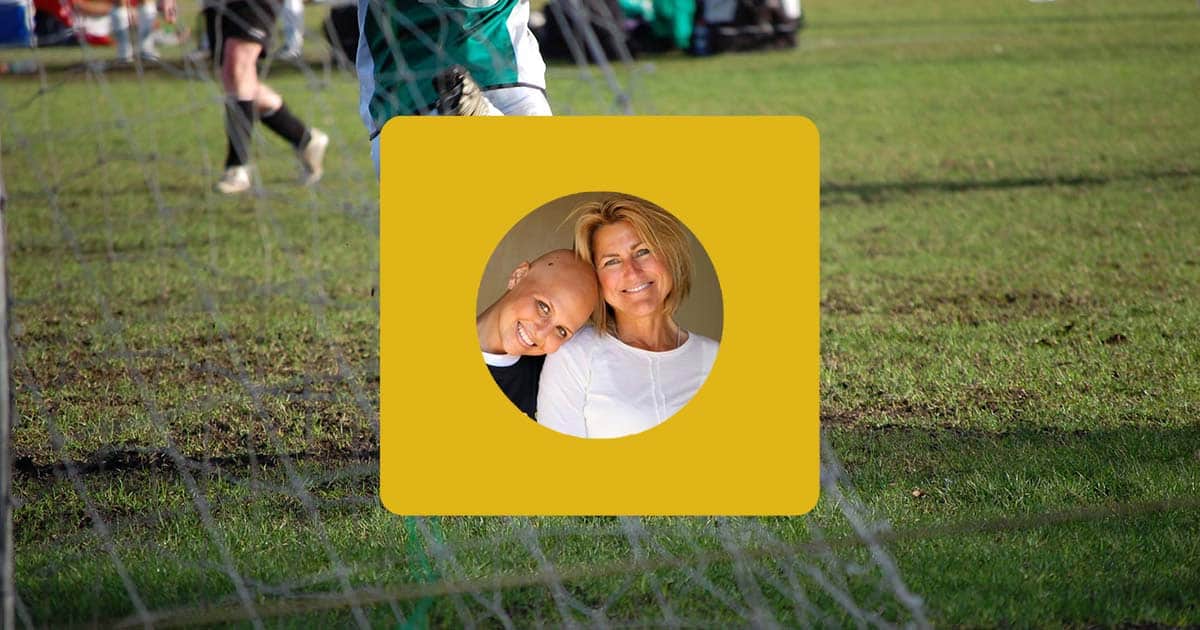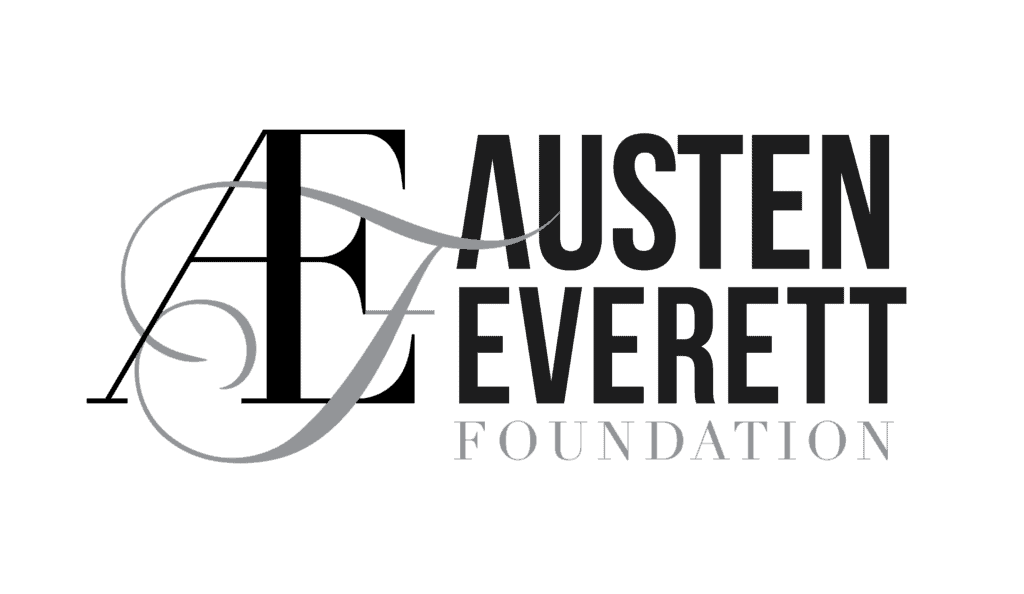
It started with a girl, athletically talented and fiercely driven. When June Leahy’s daughter, Austen, first started playing soccer on artificial turf, she thought it was a big improvement over the rocky, muddy dirt fields where the talented goalkeeper had been honing her skills since kindergarten. “We certainly didn’t think that it was harmful because we never questioned what was in it.” Leahy says. “It was just a new surface that had a bit of cushioning.”
Austen Everett was a rising star on the national stage of US women’s soccer. She was a stand-out goalkeeper playing at the University of Miami when she was rocked by an unimaginable set-back – cancer. At 20 years old, Austen was diagnosed with Non-Hodgkin’s Lymphoma, an aggressive blood cancer. Two questions lay before her: “How did I get this?” and “How do I beat this?” Staying off the field, not playing the game she loved, was never an option.
By 2008, Leahy and her daughter had questions about the synthetic materials. Their long-time friend and University of Washington Women’s Soccer coach, Amy Griffin, started to notice a pattern with 3 soccer goalkeepers she knew falling ill with cancer. During Griffin’s 30 years in the soccer world, she had never experienced anything like this and the only change in the game was the emergence of artificial turf fields.
Austen continued to compete while undergoing brutal rounds of chemotherapy. Her determination, strength and teammates helped her to win the first battle. But four years later, Austen’s cancer returned with a vengeance. It was a fight she couldn’t conquer. Her mother said it was soon afterwards that, as she discovered about more sick athletes, that she came to believe that the turf was the culprit. “I realized ‘Oh my God, the thing that she loved most probably killed her,'” Leahy said. “And that was hard.” Amy Griffin’s list of turf athletes with cancer has grown to more than 270 people.
Austen believed in living strong and she did. Remembered as a tenacious goalkeeper, she lived her life with the same intensity as she played her favorite sport. She became an inspiration to all her family and friends as they watched in amazement her desire to reach out and touch others who found themselves on a similar journey. It was that motivation that inspired her to start the Austen Everett Foundation (AEF).
Austin’s dream to empower all kids with cancer, giving them a chance to stand-in with athletes on the field for a variety of sporting events, is her legacy. Under the care and leadership of June Leahy, Austen Everett Foundation upholds her vision that goal-oriented sports have the power to provide strength, support, inspiration and hope to kids in the fight for their lives.
AEF works to empower kids through the strength and support of professional and collegiate athletic teams. Within the AEF Honorary Team Captain Program, a child battling cancer becomes the ‘Honorary Team Captain’ for a day, providing a once-in-a-lifetime opportunity to benefit from the powerful support that a team environment can provide. AEF is dedicated to changing the way kids fight cancer. Its programs create dynamic and inspiring memories that captains can take with them through treatment and beyond.
After years of creating powerful memories and enduring way too many losses, AEF has never lost sight of Austen’s concern about athletes playing on toxic turf fields. Today the foundation is pleased to support the ground-breaking study, TheReasonsWhy.Us, to help determine the environmental causes of pediatric cancers. In Austen’s own words, “There is no struggle too great, to hardship to be avoided, no effort to be wasted when one works to win the fight against cancer.”
To Learn more about the Austen Everett Foundation, please click here.


